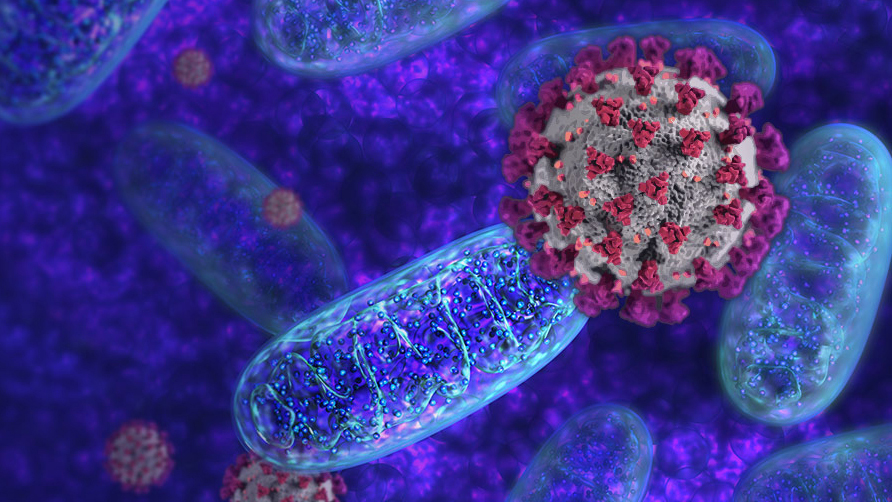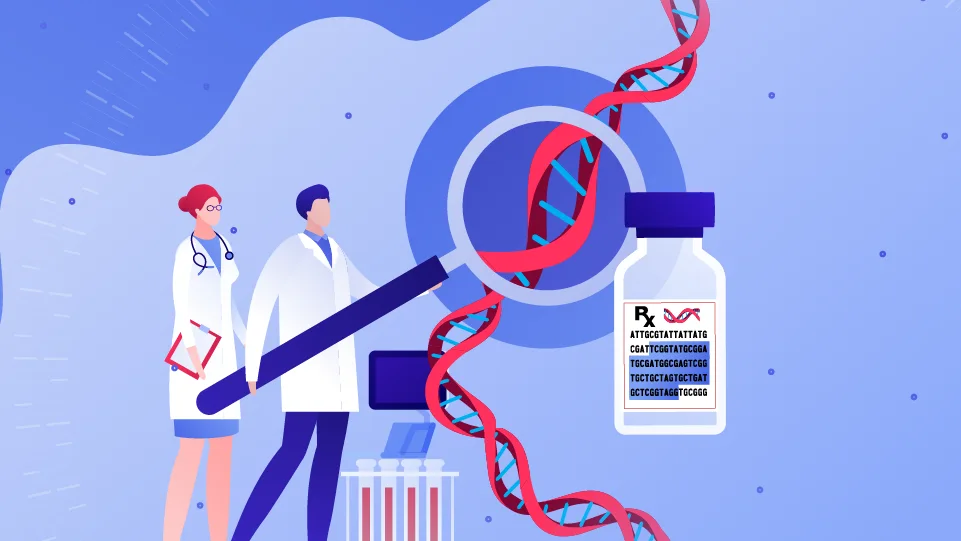Health FAQs
Experts at the National Human Genome Research Institute (NHGRI) have assembled answers to frequently asked questions about genetic disorders, the impact of genomics on your health, and the emerging science of pharmacogenomics.

A child has an "undiagnosed condition" when a physician is unable to find a diagnosis for certain characteristics or symptoms.

An adult has an "undiagnosed condition" when a physician is unable to find a diagnosis for certain characteristics or symptoms.

Clinical research is research conducted with human subjects, or material of human origin, in which the researcher directly interacts with human subjects.

Genetic tests may be used to identify increased risks of health problems, to choose treatments, or to assess responses to treatments.

Genetic research is creating new ways for people to take action and prevent disease and new ways to treat disease through personalized medicine.

Genetic professionals provide information and support to individuals or families who have genetic disorders or may be at risk for inherited conditions.

Neglected diseases are conditions that inflict severe health burdens on the world's poorest people.

Addressing the COVID-19 pandemic and what it means to the pediatric mitochondrial disease community.

Pharmacogenomics is a growing area of genomic medicine that uses a patient's genomic information to help healthcare providers select the medications and dosages that are predicted to work best in each patient.

A rare disease is generally considered to be a disease that affects fewer than 200,000 people in the United States at any given time.
Last updated: January 7, 2025
